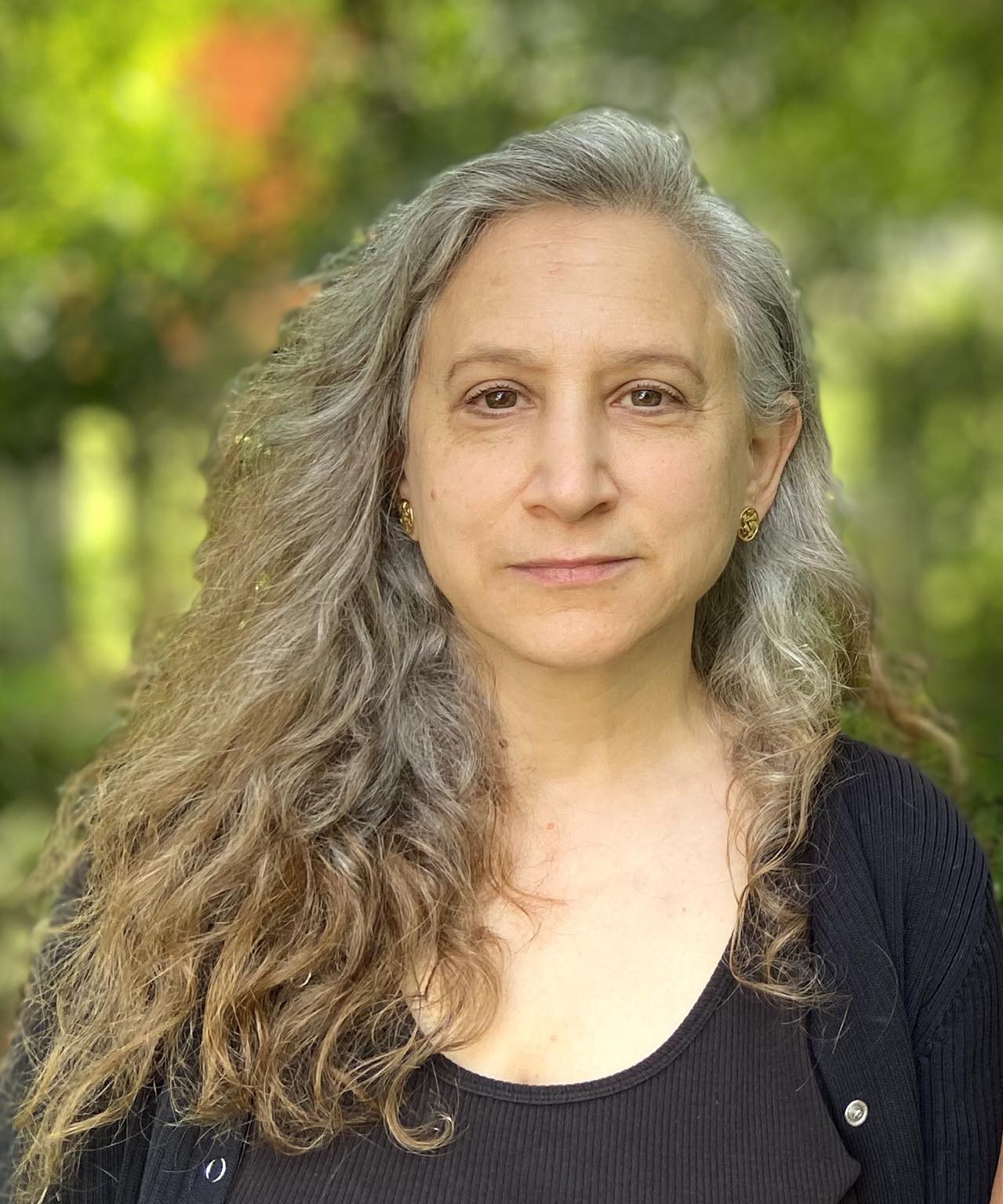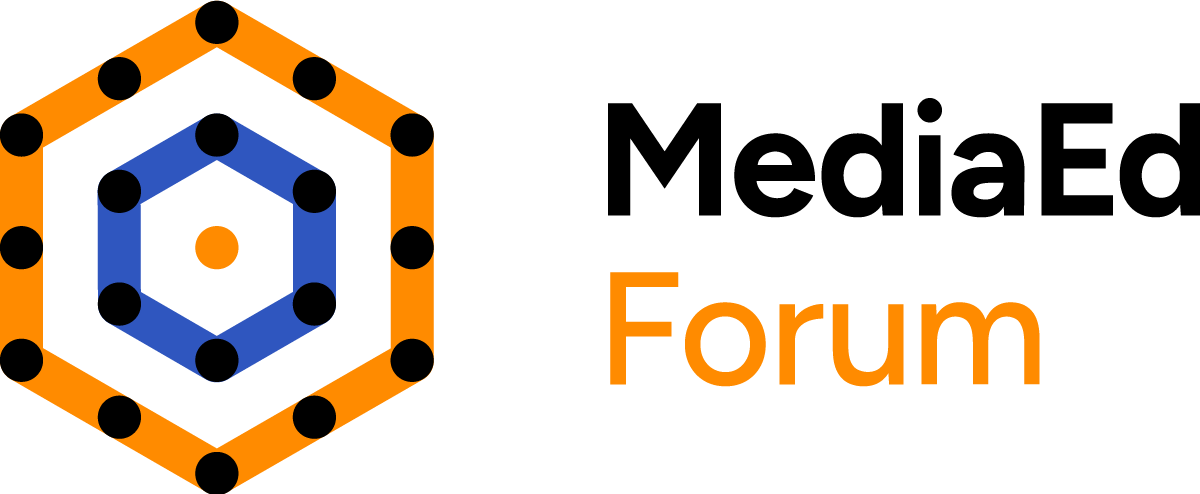- Home
- Strand: Boomers: Information and Media Literacies
MediaEd Forum
Boomer: Information and Media Literacy - A Forum for Dialogue and Discussion
Boomers' Information and Media Literacies: Discussions and Dialogues
While the term “boomer” encompasses a wide variety of people of a large age range and with various identities, we acknowledge some commonalities are relevant, such as years people have been out of structured school environments, time spent in professions or households where media use is ubiquitous but not examined, and the challenges faced especially by people who may not be “digital natives” but nonetheless live in media-saturated environments and need diverse competencies. In this strand, we will focus on ways to address the social, cultural, educational, and practical questions we face when understanding the information and media literacies of adults.
This strand contains four sessions. We have planned a summary of research on the MIL attitudes, experiences and needs of adults in Australia, and a presentation about promoting media literacy among older people in Lapland (Finland). We also will celebrate the 40th anniversary of the StoryCenter, a founding organization in the global digital storytelling movement that uses innovative, participatory media methods to support people with a wide range of backgrounds to become digital storytellers and share personal narratives rooted in their own life experiences. We round out the strand with a conversation between two scholars with contrasting views regarding the potentials of MIL to foster or challenge democratic engagement, and nurture or limit critical thinking regarding important contemporary issues in contemporary times.
The purpose of this strand is to bring us together to discuss our interests and to find ways to learn from each other. Through presentations and discussions with the speakers and conference-attendees, you will be invited to reflect on your work. You will consider the motivations, strategies, and activities of local and global colleagues. We raise questions about the nature of knowledge, the skills needed to be media literate; the ways we can support empowering our communities and classrooms in interdisciplinary/ extra-disciplinary settings.
- Friday, January 10, 2 pm PST | 5pm EST | 10pm GMT | (on January 11) 3:30am IST - StoryCenter with Janet Ferguson & Walt Jacobs
- Friday, January 10, 4pm PST | 7pm EST | (January 11) GMT 0am | 5:30am IST| 10am AEST- Addressing everyday experiences with misinformation with Tanya Notley
- Saturday, January 11, 6am PST | 9am EST | 2pm GMT | 7:30pm IST- Promoting Older People’s ML with Päivi Rasi-Heikkinen
- Saturday, January 11, 10am PST | 1pm EST | GMT 6pm | IST 11:30pm - MIL for the Current Era with Faith Rogow & Phil Nichols
View a detailed conference schedule
Strand Facilitator: Barbara Burke
 Barbara is an Associate Professor at the University of Minnesota Morris. Her research explores online community building, and the reciprocal nature of media messages and ideas about identity. She earned her MA in Telecommunication Arts from the University of Michigan, and her MA and PhD in American Studies from Purdue University. In addition to working in mass media, she has taught at Ivy Tech Community College (Indiana), has been a Guest Instructor at the University of Iceland, and a Fulbright Scholar at Vidzeme University of Applied Sciences (Latvia).
Barbara is an Associate Professor at the University of Minnesota Morris. Her research explores online community building, and the reciprocal nature of media messages and ideas about identity. She earned her MA in Telecommunication Arts from the University of Michigan, and her MA and PhD in American Studies from Purdue University. In addition to working in mass media, she has taught at Ivy Tech Community College (Indiana), has been a Guest Instructor at the University of Iceland, and a Fulbright Scholar at Vidzeme University of Applied Sciences (Latvia).
